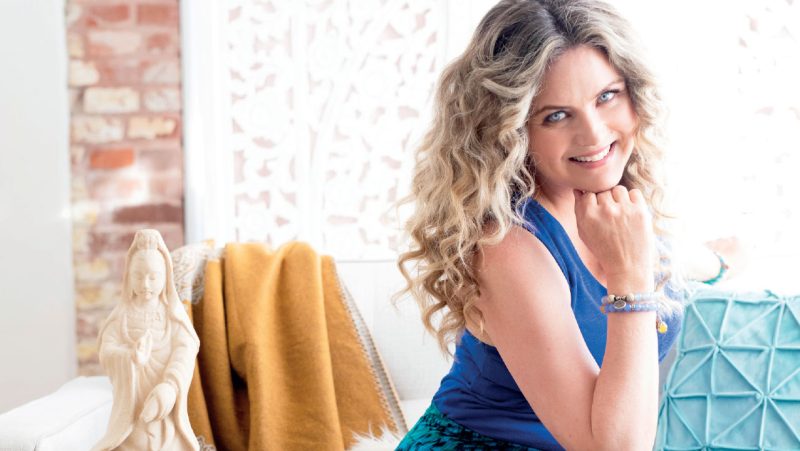
Cultivating mindfulness
The power of mindfulness and how to cultivate it. By Madeleine Arena
Mindfulness is a term you hear a lot in the spiritual and mental health world these days. But being a fairly subtle, intangible concept, it can be hard to truly understand what it is and how it can help you. Let’s explore.
Mindfulness can be equated with awareness, intention and observation.
When we are being mindful, we are intentionally bringing our awareness to what’s going on in the present moment. We are simply observing, while remaining completely non-judgmental, facing whatever we find in our exploration with utmost self-compassion and acceptance.
Practicing this skill supports wellbeing and healing on a deep, subconscious level.
We are cultivating the ability to be with what is arising in our experience as it arises, without being affected by it, or judging it in any way. This allows us to face whatever life throws at us from a foundation of calm acceptance, rather than fearful anxiety and avoidance.
While this idea might be easy to understand cognitively, it’s often much more challenging to actually implement. Our mental chatter can be so loud, keeping us from staying in that state of observation for any length of time.
That difficulty precisely represents the power of the practice: those exact mental fluctuations – the stories, the judgements, the beliefs, the ruminating – are what keeps us from finding peace, contentment and joy in our lived experience. It’s when we can let go of them, or at least let them be without making them mean anything, that we can tap into mindfulness, and find a state of wellbeing.
How do we release the meaning we give that mental chatter?
By seeing it for what it is: information and feedback that we can use to understand ourselves.
Over the course of our human experience, we form internal beliefs and patterns of behaviour that we think will ensure we are safe, accepted and loved – in yoga we call them Samskaras. When we live in ignorance of those Samskaras, we allow them to fester and continue. The more we perpetuate them, the deeper they become engrained, and the less agency we feel we have in our lives, because we are constantly just helplessly reacting based on our past experiences, rather than responding with intention to what's there in the present moment.
When we begin to create awareness and shed light on our subconscious stories and coping-mechanisms, we can become an active participant to our experience, consciously choosing what aligns with who we want to be and how we want to feel, and releasing what doesn’t – we can begin to undo the doing.
As we get consciously involved in our inner world, we begin to feel more free, our mind begins to quiet, and the the easier it becomes to come into the seat of the observer, and find a state of mindfulness.
From there, we can cultivate an inner calm that allows us to come home to a felt sense of wellbeing, peace, contentment and joy, any time there is an upset outside of ourselves.
Journal prompts:
What are some of the ways I am currently cultivating mindfulness?
What could I add or change to deepen my practice?







